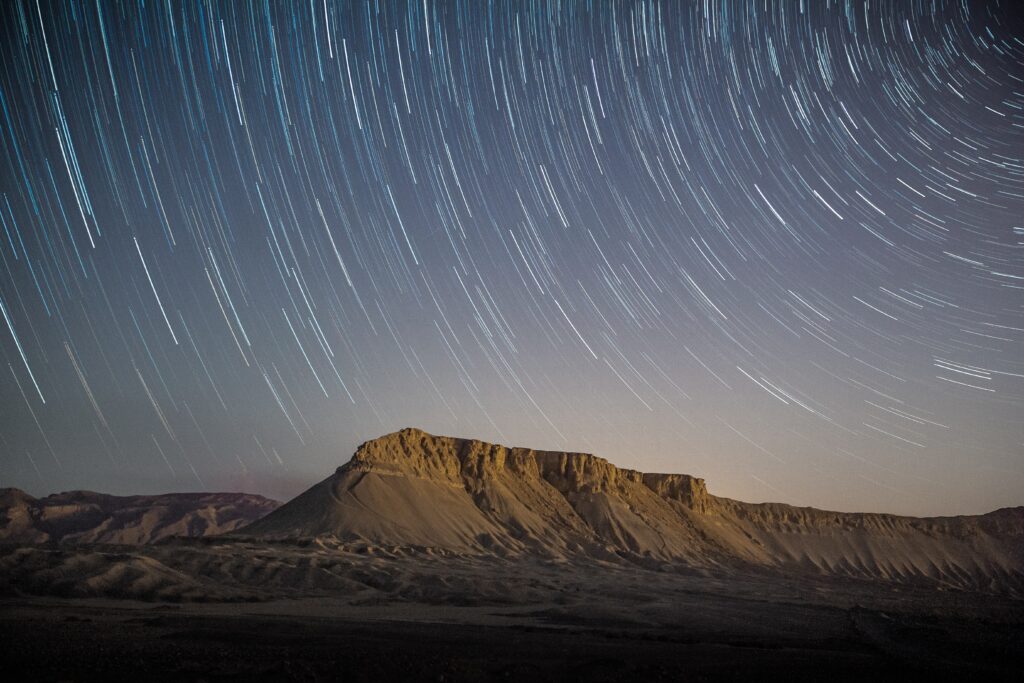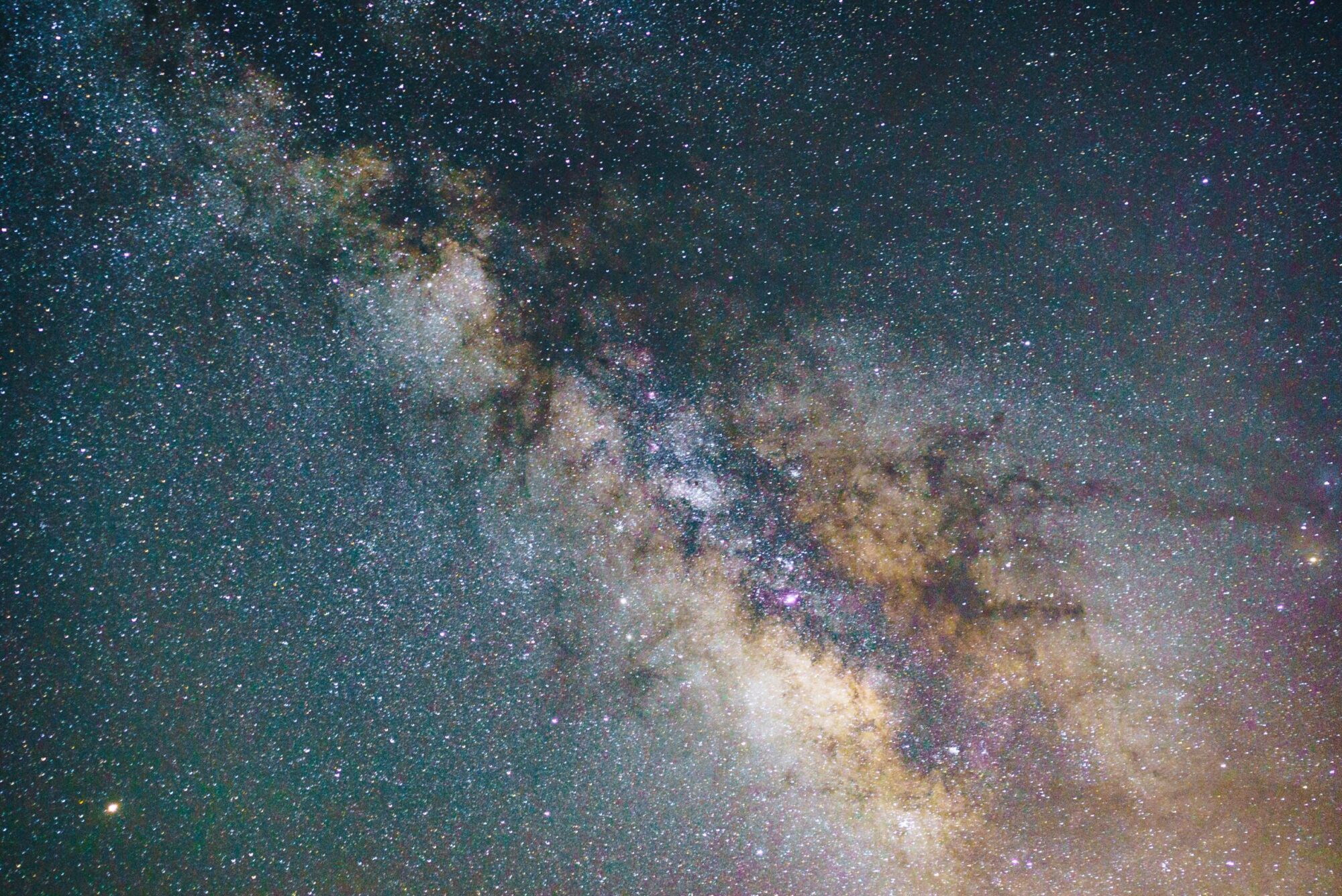Photography has the ability to cover many different topics, lifestyles, and cultures. Most photographers find an area that they love and then stick to it. The area of photography that this article will cover is Astrophotography – those who take photos of space, the night sky, the moon, and so on. As you probably guessed, Astrophotography is not easy. If you attempt to capture an image of the moon tonight using your smartphone then you will quickly appreciate how difficult it can be. However, do not panic! In this article we have included 5 tips that will help you to learn how to take incredible Astrophotography photos.
Tip 1 – Select an Appropriate Camera
As mentioned above, most smartphones or budget cameras may struggle to take high-quality photos of the night sky. So, it is important that you know what functions/features you will require in a camera to take the photos that you desire. Firstly, you will need to have a DSLR or mirrorless camera that allows full manual control so that you can apply and customise the settings before shooting. You will also want a camera that is compatible with a tripod as an essential part of astrophotography is keeping the camera still. For those looking to purchase a camera with astrophotography capabilities, we recommend the following
- Canon EOS 6D Mark II Digital SLR Camera Body.
- Sony a7R III Mirrorless Camera.
- Nikon D7500 DX-Format Digital SLR.
Tip 2 – Choose the Correct Lens
Now that you know what type of camera that you will require, it is important to choose a suitable lens that to improve the standard of your photos. When it comes to astrophotography, you will want a wide-angle lens that will help you capture as much of the sky as possible. However, it is recommended that you avoid using ultra-wide or fisheye lenses as they may no provide as much focus and lead to images becoming distorted. Some wide-angle lenses that you may wish to consider are
- Canon EF 50mm f/1.8 STM
- Tamron 10 – 24 mm DiII VC HLD Lens for Nikon
- SAMYANG 14 mm f / 2.8 IF ED UMC Wide-angle Lens

Tip 3 – Learn Your Settings
As previously mentioned, for astrophotography you are going to have to manually input your preferred settings rather than rely on the automatic modes that most modern cameras have. The main things that you will want to adjust are the exposure (preferably to 15-30 seconds), the aperture, and the whiter balance setting. Finding the right settings for your camera may be difficult, so we suggest that you take advantage of online sources such as YouTube to find tips and instructions from professional photographers.
Tip 4 – Plan Ahead
An important aspect of astrophotography is planning ahead so that you will at the right place at the right time. You will have to select a location with little light pollution so that you can get clear photos of the sky without any disruptions. You will also want to plan ahead based on the weather forecast as you ideally will want a clear night to provide the best results. There are many stargazing apps available for your smartphone that will help you when trying to find nights that the sky will be the clearest. Finally, if you’re going out late at night then make sure you pick a safe location, especially if you have your expensive photography equipment!
Tip 5 – Try and Fail, but Don’t Give Up!
Astrophotography can be difficult and may take a while to master. You may find yourself following all these steps while still failing to capture the high-quality photos that you desire. However, failing is part of the learning process. Don’t go out assuming that you will have a perfect photoshoot the first time because chances are that you will not. Carefully assess what goes wrong and what works well so that you can learn and improve for future photoshoots. Continue using platforms such as YouTube and Google to gain tips and develop your skills. Eventually, you will get the incredible photos that you wish to take, and we promise it will be worth it.
Thanks for Reading!
Check out our other articles here


